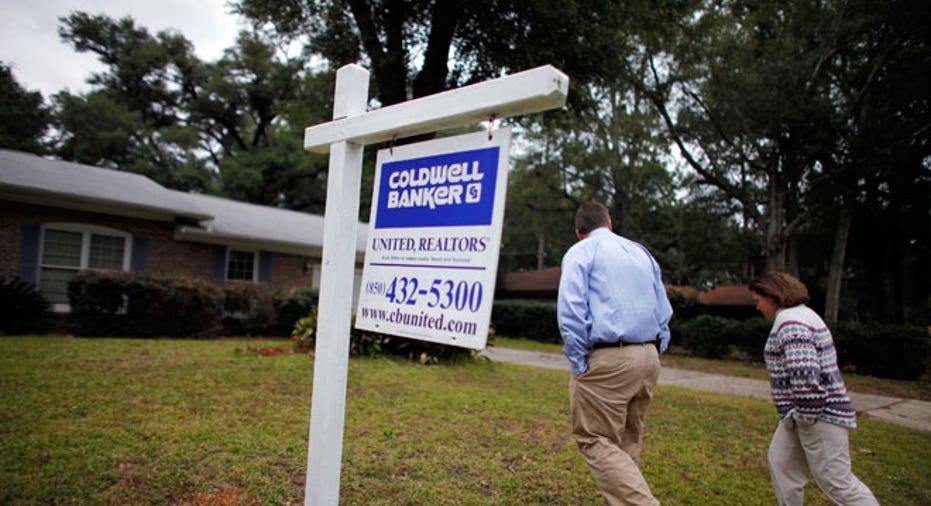Mortgage Rates Barely Fall, Remain Rangebound

Mortgage rates remained essentially unchanged this week, or "rangebound," to use a little mortgage industry-speak, as U.S. economic conditions continued to be stable, yet uninspiring.
The benchmark 30-year fixed-rate mortgage fell to 3.61% compared to 3.64% last week, according to the Bankrate.com national survey of large lenders. The mortgages in this week's survey had an average total of 0.32 discount and origination points. One year ago, that rate stood at 4.1%. Four weeks ago, it was 3.78%.
The benchmark 15-year fixed-rate mortgage fell to 2.85% compared with 2.89% last week, and the benchmark 5/1 adjustable-rate mortgage fell to 2.66% from 2.7%.
The 30-year fixed has fallen for five weeks in a row and has dropped almost a quarter of a percentage point since mid-March. This is the lowest that the 30-year fixed has been in Bankrate's weekly survey since Jan. 16, when it registered 3.6%.
Up, Down, Steady
Though rates have experienced some normal volatility, the net effect has been that rates today are at the same level as they were in January, says Jim Sahnger, a mortgage loan originator at FBC Mortgage in Jupiter, Fla.
"Some optimism was feeding the stock market and (that was) driving interest rates higher," Sahnger says. "Now the air is starting to come out of the stock market, and rates are starting to improve, predominantly because the fundamentals of what was driving the stock market really didn't support (that level)."
While first-quarter economic data show the economy was strengthening, newer data suggest that trend has been "fading" in the second quarter, says Stephen LaDue, senior loan officer for Prime Lending in Brookfield, Wis.
"A number of economic indicators have come in much lower than anticipated," LaDue says. "So while we've not been in a recession for a while, there is no growth being ignited either."
A weaker or weakening economy tends to put downward pressure on rates.
The Federal Reserve's mortgage-backed securities purchasing program, known as quantitative easing, has also kept rates low and continues to be a stabilizing factor, says Scott Lanoff, president of American Success Mortgage in Briarcliff Manor, N.Y.
"It's still 100% about the Fed," Lanoff says.
Speculation about the duration of the Fed's program has been pushing and pulling interest rates for some time, with analysts and pundits parsing every sentence to try to figure out when the program might end.
Refinancing Continues
Meanwhile, the volume of mortgage applications increased 4.8% last week compared with the prior week, according to the Mortgage Bankers Association.
The volume of purchase-money loan applications rose to the highest level since May 2010, a sign of a recovery in homebuying. Yet mortgage lending is still being driven by refinances, Lanoff says.
Refinance applications last week hit a peak they'd last reached in mid-January, and 75% of the total applications last week were to refinance, unchanged from the previous week.
The bottom line is that, "The sky is not falling," LaDue says. Nor are rates headed in a sky's-the-limit direction at the moment.
"We're going to continue to see slow improvement (in the economy). It's not going to charge ahead, leaping out like a rocket out of a launch tube, but it's going to accelerate slowly," he says.
That outlook and this week's other indicators suggest rates may remain rangebound for a while.



















